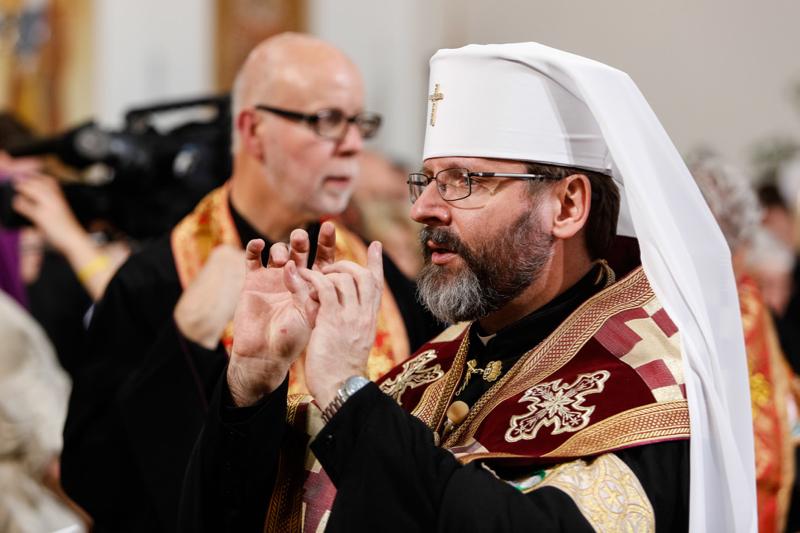The President of the Catholic Theological Association of Great Britain has criticised the churches of England and Wales for their failure to speak out over Brexit.
“As the country faces what is surely the most serious moral and political crisis since the Second World War the churches seem to have virtually nothing to say,” Dr Ashley Beck told delegates at the Association’s annual conference at St Mary’s University, Twickenham, last week. Speaking towards the end of the conference, which ran from 2-6 September, he referred with special urgency to “the political crisis which has been unfolding this week while we have been gathered”.
He said that people’s “eyes glaze over” if you raise the issue of Catholic Social Teaching and what it has to say about the UK’s relationship with the rest of Europe, or of migration as a moral issue, or of “truth-telling among politicians and others in public life – including people who claim to be Catholics”.
But, he warned, “if we push the language of God out of this or that crisis or moral issue, we’re pushing God out. Archbishop Desmond Tutu once said, at the height of his struggle with apartheid, and referring to the political struggle in his country, that if these things are not God’s - whose are they?”
“If people in a referendum make choices which are fuelled by suspicion and fearfulness, by nationalism and insecurity, the problems don’t go away; there are consequences,” he explained. He said that Pope Francis had warned about populist nationalism in the world, and suggested that the key text for today’s Britain is Matthew 7:17, “A bad tree cannot produce good fruit”.
The week also included a dialogue with the Catholic composer Roxanna Panufnik, who explained that her focus on uniting Christian, Jewish and Muslim themes in her music was prompted by the terrorist attacks on the World Trade Centre on 11 September 2001. She said that interfaith work ought to be part of everyone’s vocation, whether that was cookery or fashion. Professor Anthony Towey of St Mary’s updated the conference on moves in religious education in schools, and Dr Alastair Lockhart of Cambridge spoke of the role of holy places in bizarre cults.
More philosophical papers were delivered by Professor Janet Soskice of Cambridge; Professor Lewis Ayres of Durham; and Professor Stephen Bullivant of St Mary’s with the provocative title “We confess that we are atheists”, which turned out to be a quotation from Justin Martyr, although the quote continued “so far as gods of this sort are concerned, but not with respect to the Most True God”.



 Loading ...
Loading ...